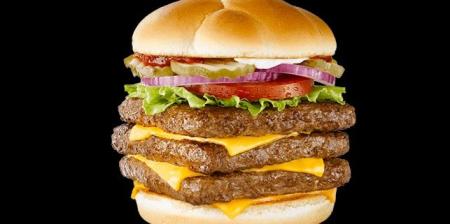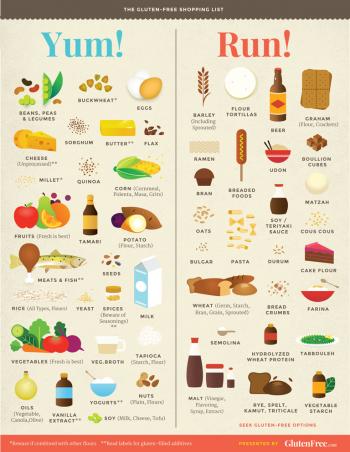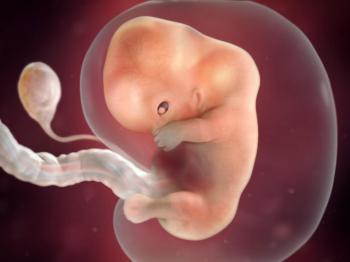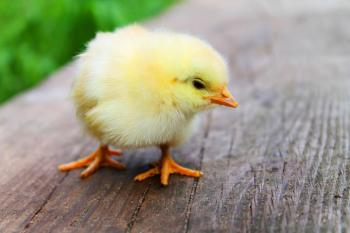Users Who Spiked
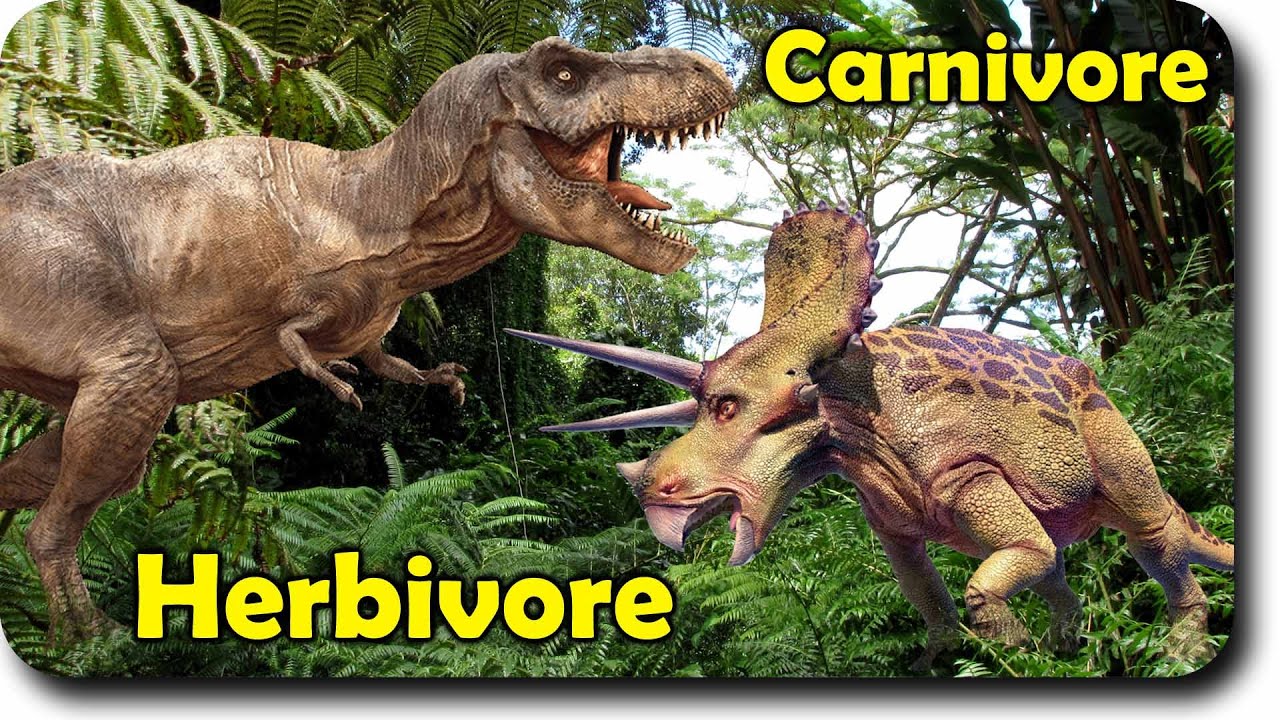
MARRIED TO A MEAT EATER
Private Notes
Private Notes
Notes
Married to a Meat Eater
I have been a vegetarian for six years and my husband is a meat eater or rather a eat-whatever-er. When people find out that I don't eat animal flesh, their first question is, what do you make for your husband. The feminists and equal roles inner me shakes her fist at this question for a whole other reason but for the sake of staying on topic, I'm going to ignore this part of me and move on.
Let me start by saying that my husband and I have a mutual understanding that we will be supportive of each other when it comes to our growth and our passions. For myself, I grew up in a small farm town and our dogs were like family members. In my experience with animals, I view them as having personalities and souls. I know that they are capable of love and affection and after researching a healthy plant based diet, I know that I am able to live in a way that doesn't contribute to their suffering.
Because we live in an age of convenience. We are able to go to the store and have an abundance of plants to choose from. With this convenience and ability to research and obtain the knowledge of what nutrients our bodies need and how we are able to maintain a healthy body, we are able to choose how we contribute to the environment, our health, and animal suffering. I have done my research and have chosen to make the least amount of impact that I can.
That said, how does my husband cope with my conscious choice, or as my dad would say, how does he survive.
But like I said previously, we are mutually respectful of one anothers decisions. My husband grew up on a farm and they raised their own animals for food. This is what they chose as their livelihood and how they fed their family of six. The thought of taking an animals life for food doesn't bother him and he continues to live his life with this mindset.
But we agree that we won't buy meat when we go grocery shopping but he allows himself to buy it if we go out to eat every once in a while and I respect his choices. He also agrees that a mostly plant based lifestyle is the best choice for a long and healthy life.
The reason I chose to be vegetarian for my health is because meat stays in your system for days at a time an animal products are full of saturated fats that, if consumed in abundance, leads to obesity. Then obesity leads to diabetes, heart disease, and stroke.
There are some saturated fats in plant oils like coconut oil, but there is all saturated fat in animal sources. The difference between saturated and unsaturated fat is, according to:
https://www.verywellhealth.com/difference-between-saturated-fats-and-unsaturated-fats-697517
'Saturated fats have no double bonds in their chemical structure. They are "saturated" with hydrogen atoms. Because of their chemical structure, they have a solid consistency at room temperature.
Saturated fats can be found in a variety of foods, including:
Animal meat including beef, poultry, pork
Certain plant oils such as palm kernel or coconut oil
Dairy products including cheese, butter, and milk
Processed meats including bologna, sausages, hot dogs, and bacon
Pre-packaged snacks including crackers, chips, cookies, and pastries
Why Limit Saturated Fats in Your Diet
The AHA recommends that less than 5 percent to 6 percent of your daily caloric intake consist of saturated fat.'
What Is Unsaturated Fat?
Unsaturated fats are typically liquid at room temperature. They differ from saturated fats in that their chemical structure contains one or more double bonds. They can be further categorized as:
Monounsaturated fats: This type of unsaturated fat contains only one double bond in its structure. Monounsaturated fats are typically liquid at room temperature and include canola oil and olive oil.
Polyunsaturated fats: This type of unsaturated fat contains two or more double bonds in their structure. They are liquid at room temperature. Polyunsaturated fats include safflower oil, sunflower oil, and corn oil.
Incorporating Unsaturated Fats in Your Diet
The AHA recommends that most of your daily fat intake should come from monounsaturated and polyunsaturated fats. Foods containing unsaturated fats include:
Nuts
Plant oils such as canola, vegetable, or plant oil
Certain fish like salmon, tuna, and anchovy, which contain omega-3 unsaturated fatty acids
Olives
Avocados'
Because of the fact that consuming mostly animal products is not good for our health, that is just one reason to be a vegetarian.
Another would be the environmental impact.
This is a great website to learn more about the environmental impact:
https://www.downtoearth.org/go-veggie/environment/top-10-reasons
"Reduce global warming
Global warming poses one of the most serious threats to the global environment ever faced in human history. Yet by focusing entirely on carbon dioxide emissions, major environmental organizations have failed to account for published data showing that other gases are the main culprits behind the global warming we see today. As a result, they are overlooking the fact that the single most important step an individual can take to reduce global warming [faster than any other means] is to adopt a vegetarian diet.1
In its 2006 report, the United Nations said raising animals for food generates more greenhouse gases than all the cars and trucks in the world combined.2
2. Avoid excessive CO2 production
According to the UN Report, when emissions from land use and land use change are included, the livestock sector accounts for 9 per cent of CO2 deriving from human-related activities, but produces a much larger share of even more harmful greenhouse gases.3
3. Reduce methane/nitrous oxide production
Cows and sheep are responsible for 37% of the total methane (23 times as warming as CO2) generated by human activity.4 With methane emissions causing nearly half of the planet's human-induced warming, methane reduction must be a priority
The livestock industry generates 64 per cent of ammonia, which contributes significantly to acid rain.5
The livestock industry also generates 65 per cent of human-related nitrous oxide, which has 300 times the Global Warming Potential (GWP) of CO2. Most of this comes from manure.6
In addition to having the advantage of immediately reducing global warming, shifting away from methane-emitting food sources is much easier than cutting carbon dioxide7:
First, greenhouse gas reductions through a vegetarian diet are limitless. In principle, even 100% reduction could be achieved with little negative impact. In contrast, similar cuts in carbon dioxide are impossible without devastating effects on the economy. Even the most ambitious carbon dioxide reduction strategies fall short of cutting emissions by half.
Second, a shift in diet can lower greenhouse gas emissions much more quickly than shifts away from the fossil fuel burning technologies that emit carbon dioxide. The turnover rate for most ruminant farm animals is one or two years, which means that decreases in meat consumption would result in an almost immediate drop in methane emissions. The turnover rate for cars and power plants, on the other hand, can be decades. Even if cheap, zero-emission fuel sources were available today, they would take many years to build and slowly replace the massive infrastructure our economy depends upon today.
Similarly, unlike carbon dioxide which can remain in the air for more than a century, methane cycles out of the atmosphere in just eight years. Therefore, lower methane emissions translate to cooling of the earth quickly."
Do the research for yourself and be compassionate towards others and our planet.
Comments
Please login to post comments on this story
-
Informative but with a bit of personality!!
-
Very informative and clear. Thank you for sharing and explaining how you and your husband have addressed your differences.
-
I have always wondered how married couples achieve a healthy balance when it comes to this issue. Thanks for sharing your experience!
-
This was great to read! I'm in the same situation with my girlfriend who's also a vegetarian. I'll definitely take into account some of the things you've mentioned here. Thanks!


















